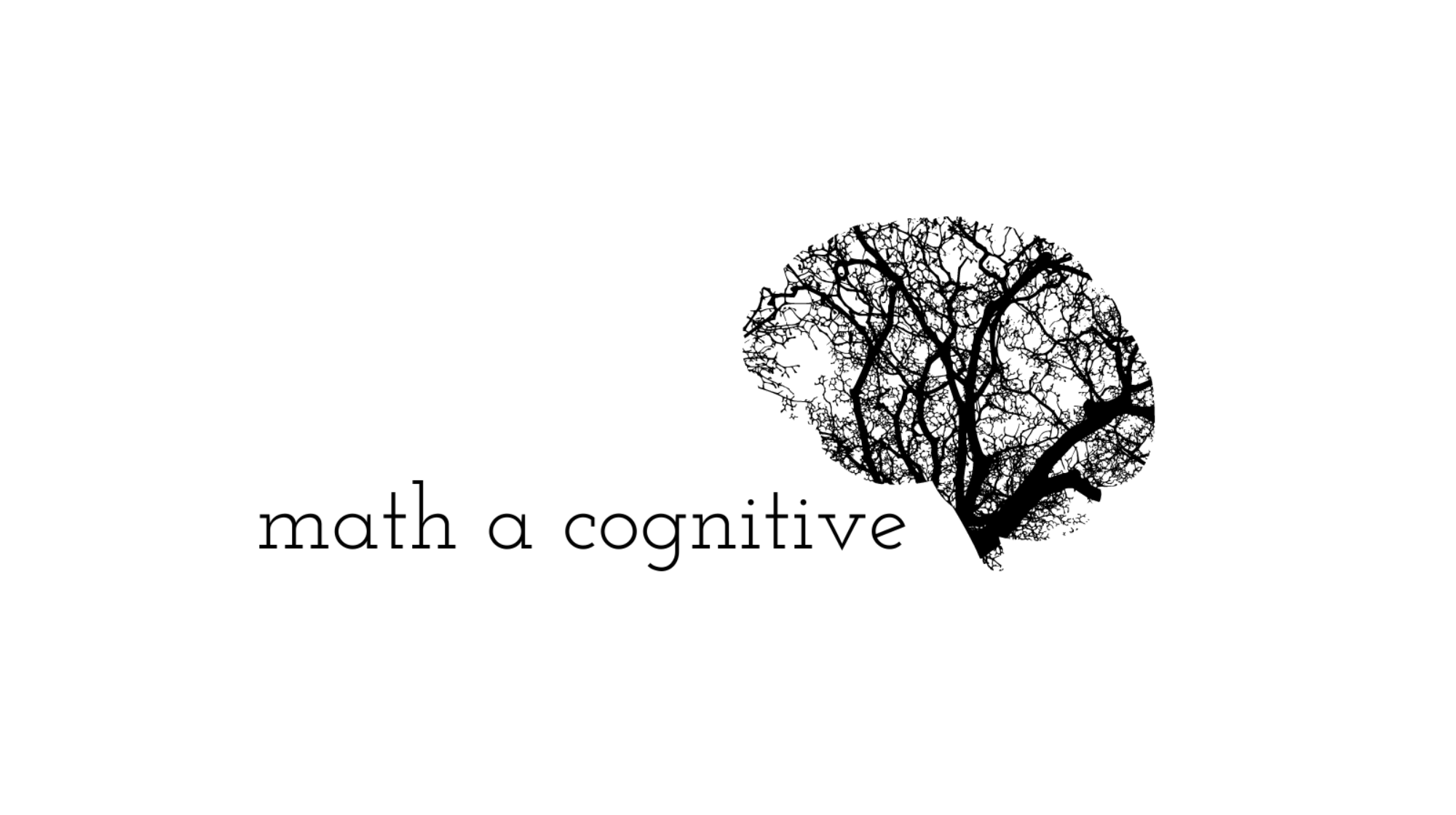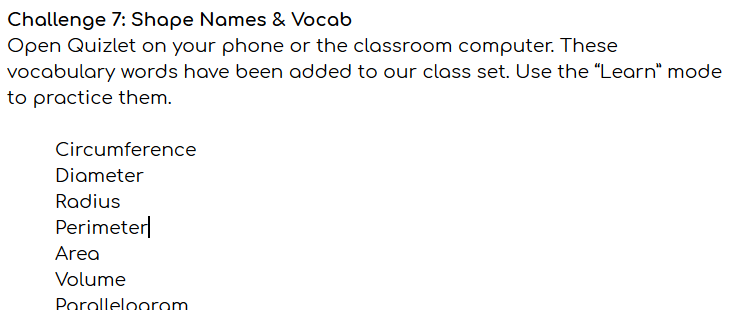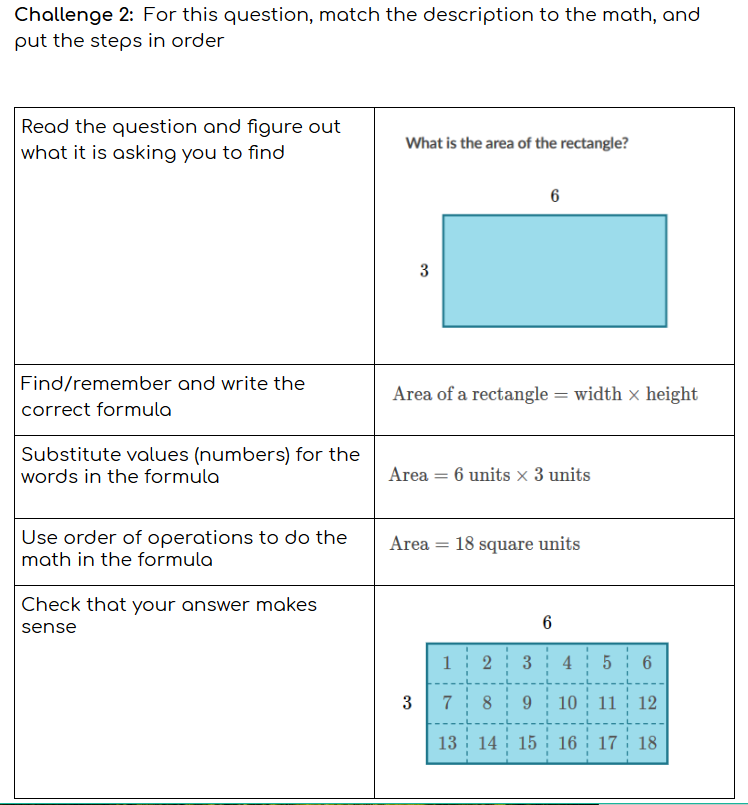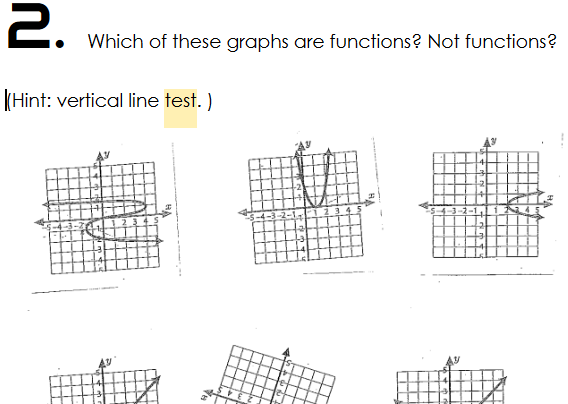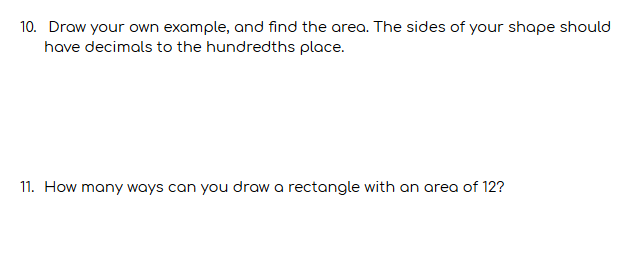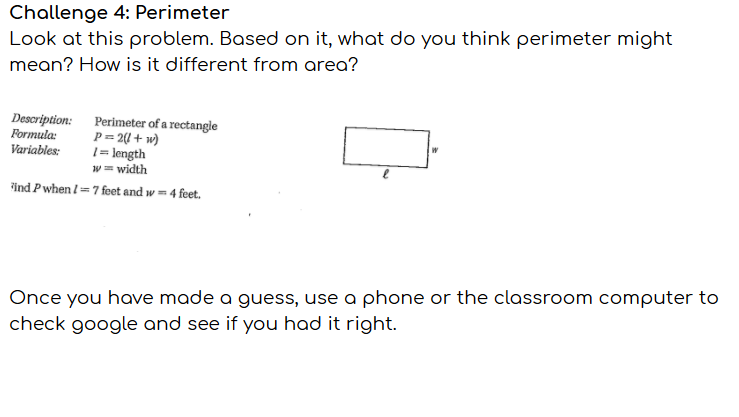We have definitely, totally, absolutely reached that time of year. The new-year energy has worn off, we’re all a little tired, feeling a little behind, maybe a little overwhelmed, and just grateful that we get a short break next week.
It’s real. I’ve given out chocolate, and tissues, and lots of deep breaths lately.
And, I am very aware of the class with the terrible attendance, and the students who struggle, and all of the things on the calendar that add stress, and all of the resources that I wish we had but we don’t.
And, yet, the little wins.
They’re there too, when I remember to breath and notice.
A few weeks ago, we did this open middle challenge. My students were so into it, they didn’t want to move on when I told them they could. And, my college student volunteer took it home to see if she could get exactly one.
And in another class, we tried these order of operations riddles (freebie!) and one group was so into getting every. last. one. that they argued hard against showing the answer key at the end of the class. They got it, averting their eyes and solving it with seconds to spare.
I’m grateful for the people who put creative and engaging teaching out there. But, my favorite wins are just my students, working and learning.
I showed my (struggling) middle level class a preview of Algebra equation solving when we were finding the missing side in area. Most of them thought I was nuts to do so much extra writing when they could just divide, get an answer and move on. But one student, who sits in the back and struggles with math and rarely says much, kinda liked it. And when she was done with the first task, took on some simple equations (? + 7 = 15), and then some less simple equations, and by the end of the two hour class was slowly solving two step equations (2x+6=20)
We had one of those nights early on, where enough of the class had to take an assessment that I couldn’t do anything new. It was early, but I gave the few left in class some practice HiSET tests to look at. Mostly they looked at them, their eyes got wide, and they threw up their hands. I moved on (I’ve never seen such enthusiastic agreement to switching to word problems) But one student stuck with it. He doesn’t know more of the math, he’s just more able to sit with it. He and a tutor worked that practice test for two hours, and then for homework, and then when he had free time in another class. A few weeks ago, he asked for another test.
